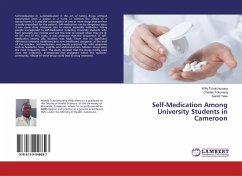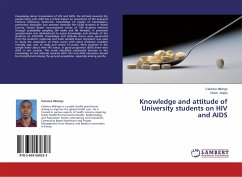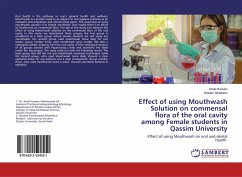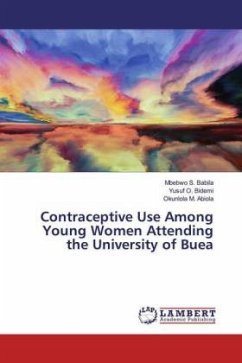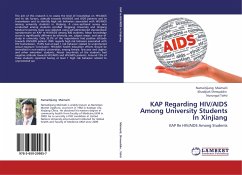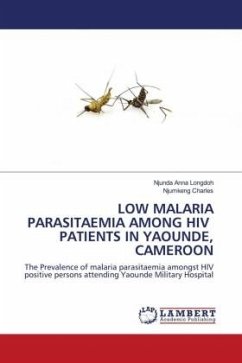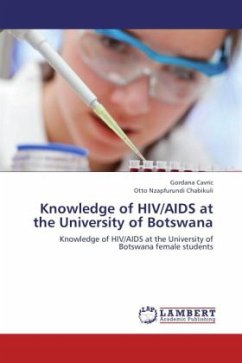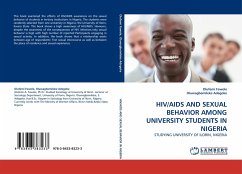Self-medication or automedication is the act of taking drugs without prescription from a doctor or a nurse or without the advice of a doctor/nurse. It is also the consumption of one or more drugs that are not actually prescribed for the patient. Self-medication can be dangerous since it can cause drug resistance due to misuse especially antibiotics. Many people are exposed to self-medication including University students who have generally low income and lack the time to consult when they are ill. At the end of this study, it was observed that the proportion of self-medication among UBa students was high. There was no significant difference between healthcare and non- healthcare categories at the level of the practice. Self-medication was mostly practiced for mild symptoms such as headache, fever, cold/flu and abdominal pain. Modern drugs were the most frequently used. The study revealed that the drugs mostly used were the antibiotics, antimalarials and analgesics within the students' community. Misuse of these drugs could lead to drug resistance.
Bitte wählen Sie Ihr Anliegen aus.
Rechnungen
Retourenschein anfordern
Bestellstatus
Storno

